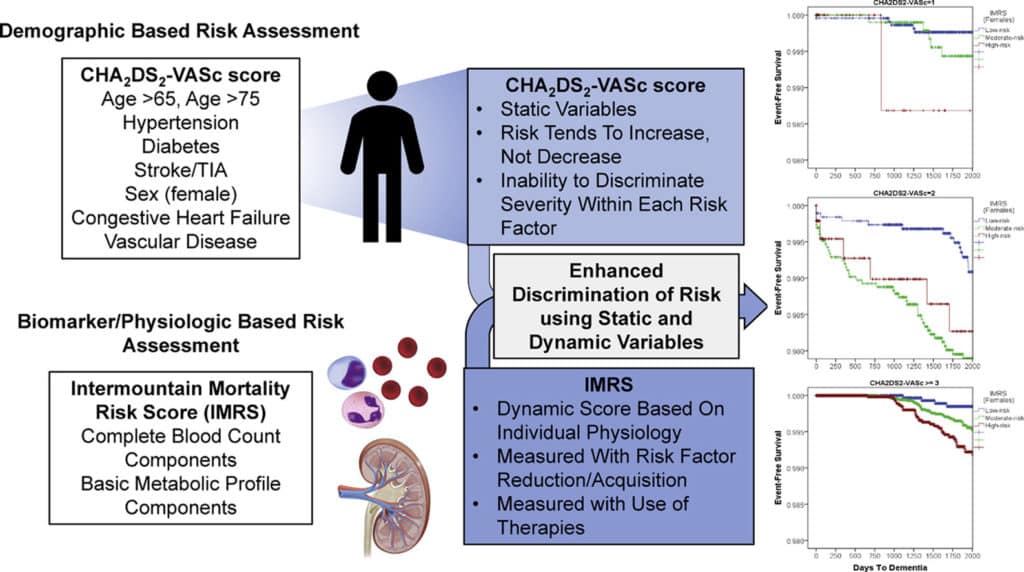A one-day inpatient stay for an elderly patient with a CHADS score of 4 and low EF percentage was overturned after the hospital level of care was discussed in detail during a Peer-to-Peer with the insurance company. The insurance company initially recommended an observation level of care without much explanation, but its physician overturned that decision after the P2P.
CLINICAL SUMMARY:
A 77-year-old patient with a past medical history of hypertension, hypothyroidism and coronary artery disease with a post-stent placement was transferred to the hospital to be seen by a cardiologist due to concerns of worsening chest pain and shortness of breath. The patient initially visited an outside facility where he experienced new onset atrial fibrillation with rapid ventricular response (RVR) but was transferred to the hospital where he stayed for one day.
The patient had been on a regimen of aspirin, which he began 27 years ago, and Plavix, which was began a year ago after having episode of a stroke with no neurological deficits. The patient’s CHADS score was 4 and doctors began anticoagulation treatment with Eliquis. His atrial fibrillation was rate controlled; however, cardiology administered Amiodarone which transition him to normal sinus rhythm. The patient’s echocardiogram showed a low ejection fraction (EF) of 37%. During the stay, doctors directed the patient to consistently use his CPAP machine and stop drinking alcohol. The patient showed verbal understanding of the instructions.
 DENIED INPATIENT STAY
DENIED INPATIENT STAY
The one-day inpatient stay was denied by the insurance company with no specific reasons stated in the denial letter. However, the denial recommended billing for an observation stay instead.
 PEER-TO-PEER DISCUSSION
PEER-TO-PEER DISCUSSION
A Peer-to-Peer was completed between an AppriseMD physician advisor and a physician representing the insurance company. After a discussion, the insurance company physician agreed with an inpatient level of care for this patient who admitted with NSTEMI from atrial fibrillation with RVR. Although the patient did not require cardiac catheterization, based on his condition upon admission, inpatient level of care was supported. The denial was overturned.
OUTCOME: DENIAL OVERTURNED

